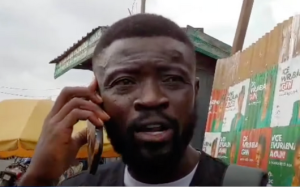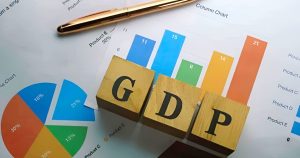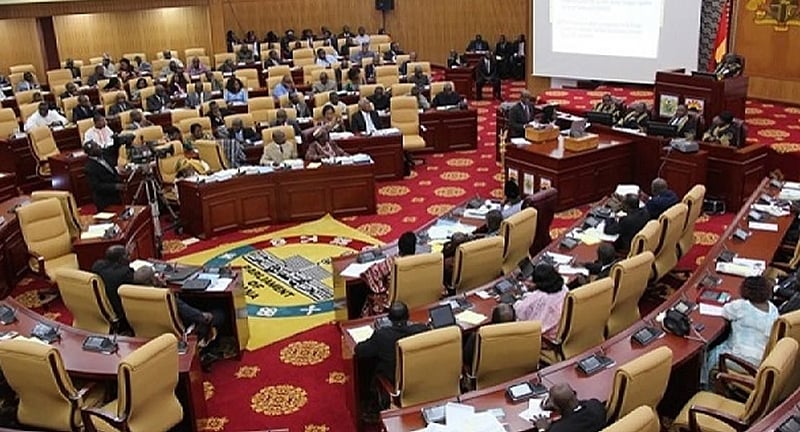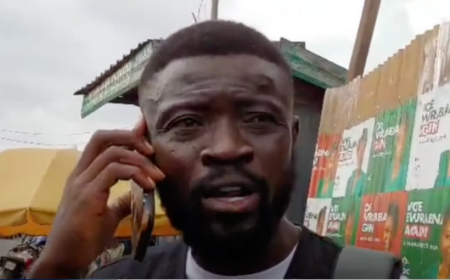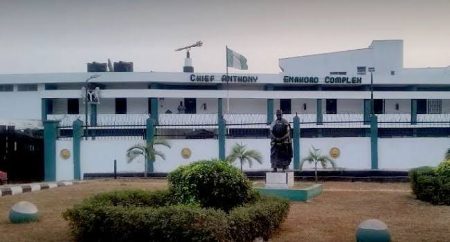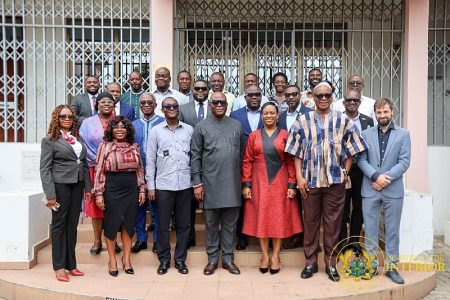The Ghanaian Parliament recently enacted the Energy Sector Levies (Amendment) Bill 2.0, marking a significant step towards strengthening the nation’s energy sector and curbing illicit activities surrounding fuel subsidies. The legislation’s primary objective is to increase the levy on marine gas oil, a crucial fuel used in the fishing industry, to address revenue leakages and ensure the intended support for the fishing community reaches its rightful recipients. This amendment forms part of a broader government strategy to enhance tax compliance within the petroleum downstream sector, safeguard national revenue, and promote a more equitable distribution of resources.
The rationale behind the amendment stems from the government’s observation of substantial revenue losses due to exploitation of fuel subsidy programs, particularly those designed to assist the fishing sector. These programs, intended to reduce operational costs for artisanal and commercial fishers, have been susceptible to manipulation, allowing individuals to illicitly profit from the subsidies. Such diversion of funds not only deprives the government of much-needed revenue for essential social and economic development initiatives but also undermines the very purpose of the subsidies, preventing genuine fishers from fully benefitting from the intended support.
The amendment tackles this issue head-on by increasing the levy on marine gas oil, thus narrowing the price gap between this fuel type and regular diesel. This strategic move aims to disincentivize the diversion of subsidized marine gas oil for other purposes, thereby closing a major loophole that facilitated illegal profiteering. The amendment also complements other government efforts to enhance compliance and transparency within the petroleum downstream sector, fostering a more robust and accountable system for managing fuel subsidies.
Crucially, the government acknowledges the importance of supporting the fishing industry and recognizes that the amendment, while necessary to curb illicit activities, may impact the sector. To mitigate this impact and ensure that genuine fishers continue to receive the necessary support, the government is committed to implementing a more targeted approach to subsidy delivery. This revised approach will involve providing direct assistance to artisanal and commercial fishers, effectively bypassing the existing channels that proved susceptible to abuse. By directly channeling support to the intended beneficiaries, the government seeks to maximize the impact of its assistance while minimizing opportunities for exploitation.
The implementation of this more targeted subsidy program is a critical component of the overall strategy to reform the petroleum downstream sector. By shifting from a generalized subsidy model to one that directly benefits individual fishers, the government can ensure that the support reaches those who need it most while simultaneously safeguarding public funds. This direct assistance approach will not only promote greater equity and transparency within the sector but also empower the fishing community by providing them with predictable and reliable support for their operations.
In conclusion, the Energy Sector Levies (Amendment) Bill 2.0 represents a decisive move by the Ghanaian government to address revenue leakages, enhance tax compliance within the petroleum downstream sector, and ensure that critical support for the fishing industry is delivered effectively and transparently. The amendment, coupled with the implementation of a more targeted subsidy program, signifies the government’s commitment to promoting sustainable development, fostering fiscal responsibility, and empowering the crucial fishing community. By addressing the loopholes that allowed for the exploitation of subsidies, the government aims to create a more level playing field for all stakeholders in the petroleum downstream sector and ensure that public resources are utilized for their intended purpose, ultimately contributing to the nation’s economic and social progress.


